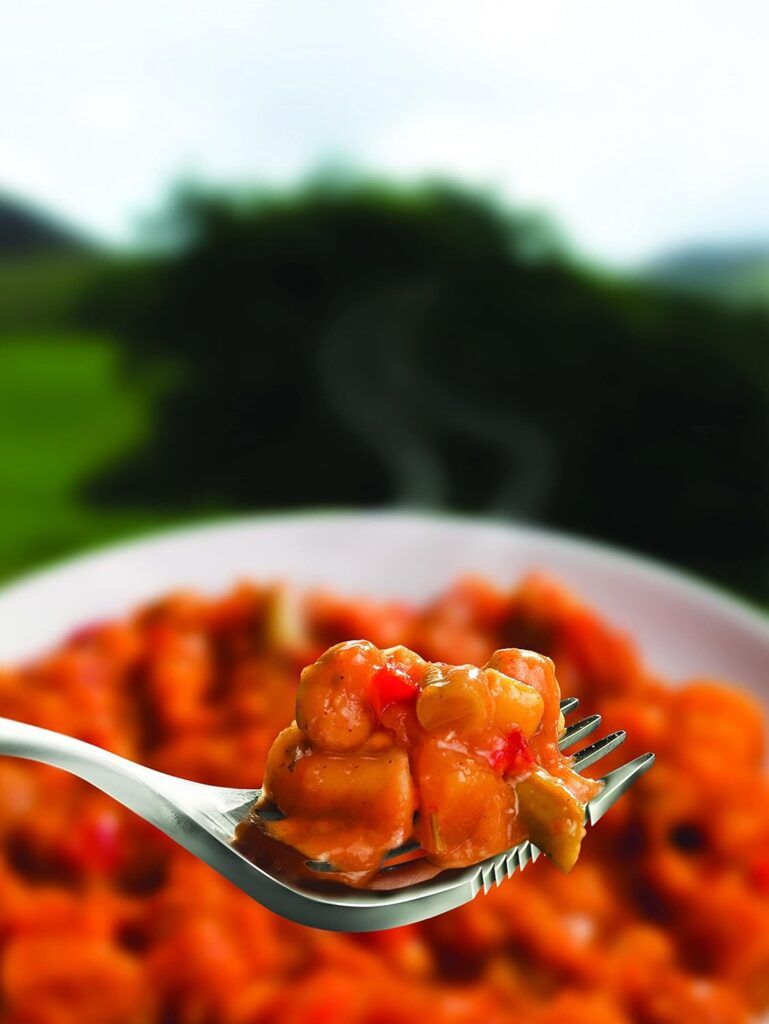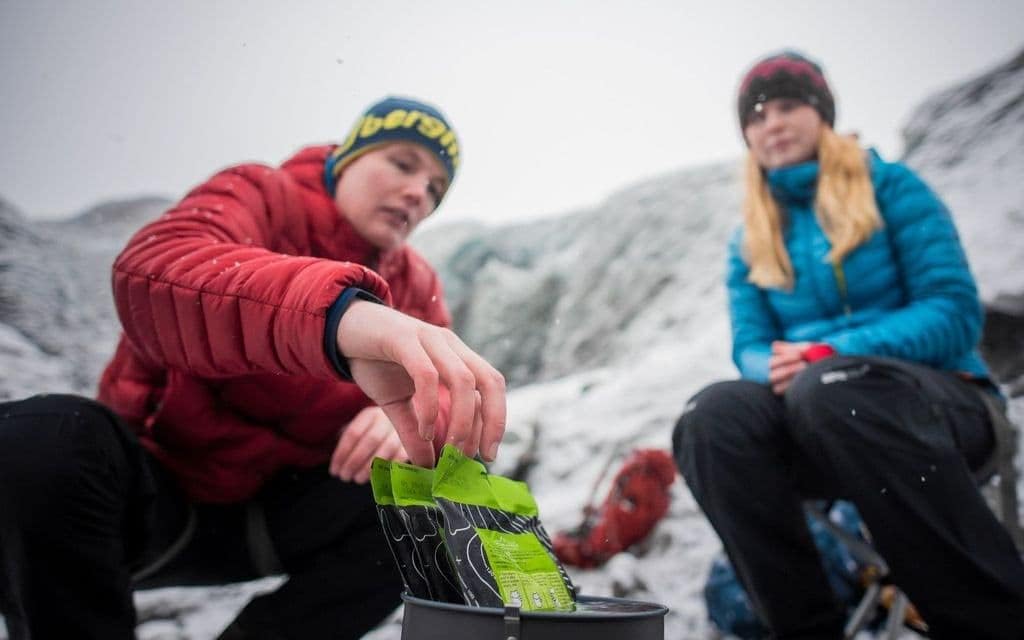
Camping is an excellent opportunity to reconnect with nature and enjoy the outdoors. However, it also requires careful planning and preparation, especially when it comes to food and drink. Eating and drinking wisely while camping ensures you have the energy and hydration you need to enjoy your adventure to the fullest.
Planning Your Meals
- Consider Your Itinerary: Plan your meals based on your camping itinerary. If you’re planning on long hikes or strenuous activities, you’ll need more energy-dense foods.
- Pack Wisely: Choose foods that are lightweight, easy to prepare, and don’t require refrigeration. Dehydrated meals, energy bars, and trail mix are great options.
- Pack Essentials: Don’t forget to pack essential cooking equipment, such as a camping stove, pots, pans, and utensils.

Hydration is Key
- Drink Plenty of Water: Staying hydrated is crucial, especially in hot weather or during strenuous activities. Carry a reusable water bottle and refill it regularly.
- Electrolyte Replenishment: Consider consuming sports drinks or electrolyte-rich foods to replenish lost minerals, especially after sweating heavily.
- Avoid Alcohol and Caffeine: While alcohol and caffeine may be tempting, they can contribute to dehydration. Limit your intake or avoid them altogether.
Healthy Eating Tips
- Balance Your Meals: Aim for a balanced diet that includes carbohydrates, proteins, and healthy fats.
- Choose Whole Foods: Opt for whole foods over processed snacks whenever possible.
- Pack Fruits and Vegetables: Bring along fresh fruits and vegetables to add nutrients and variety to your meals.
- Mindful Eating: Pay attention to your body’s hunger and fullness cues. Avoid overeating or skipping meals.

Cooking in the Outdoors
- Safety First: Always follow safety guidelines when cooking outdoors. Use a designated campfire or camping stove, and keep it away from flammable materials.
- Keep it Simple: Choose recipes that are easy to prepare and require minimal cleanup.
- Enjoy the Experience: Cooking outdoors can be a fun and rewarding experience. Experiment with different recipes and techniques.
Food Safety
- Proper Storage: Store food in airtight containers and keep it away from pests.
- Refrigerate Perishables: If you have a cooler, store perishable items at a temperature below 40°F (4°C).
- Cook Thoroughly: Ensure that meat and poultry are cooked to the proper temperature to kill harmful bacteria.
By following these tips, you can ensure that your camping experience is not only enjoyable but also healthy and sustainable. Happy camping!
